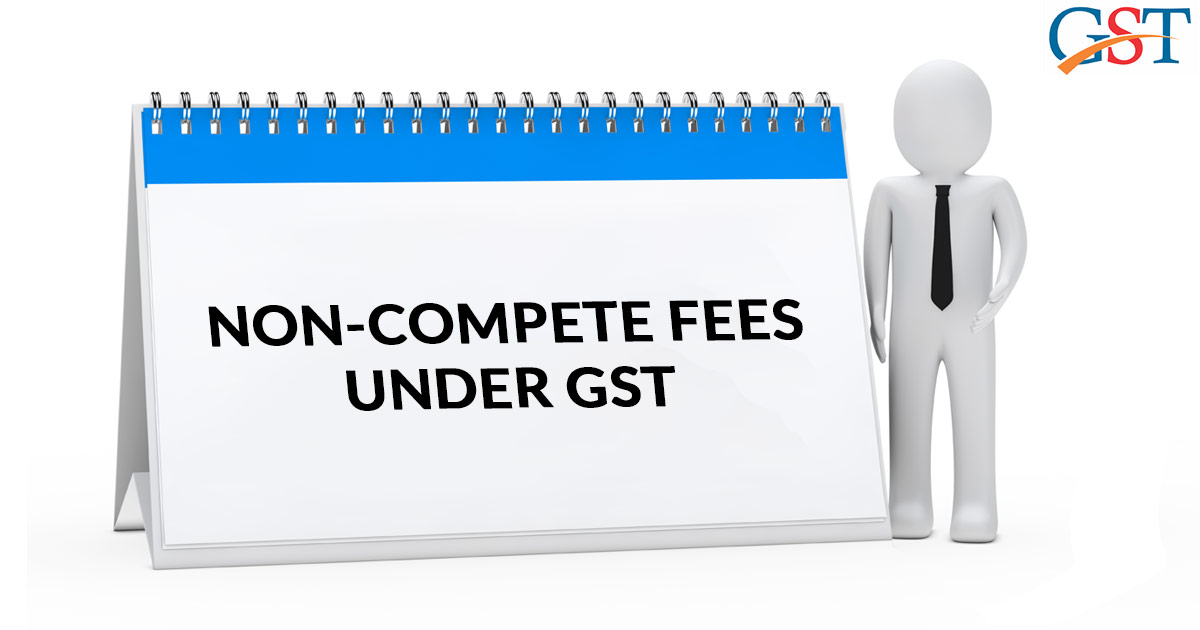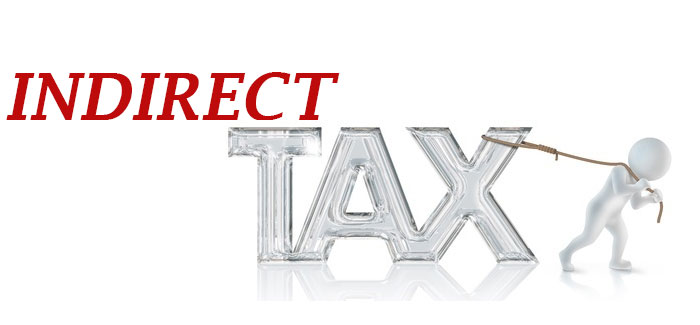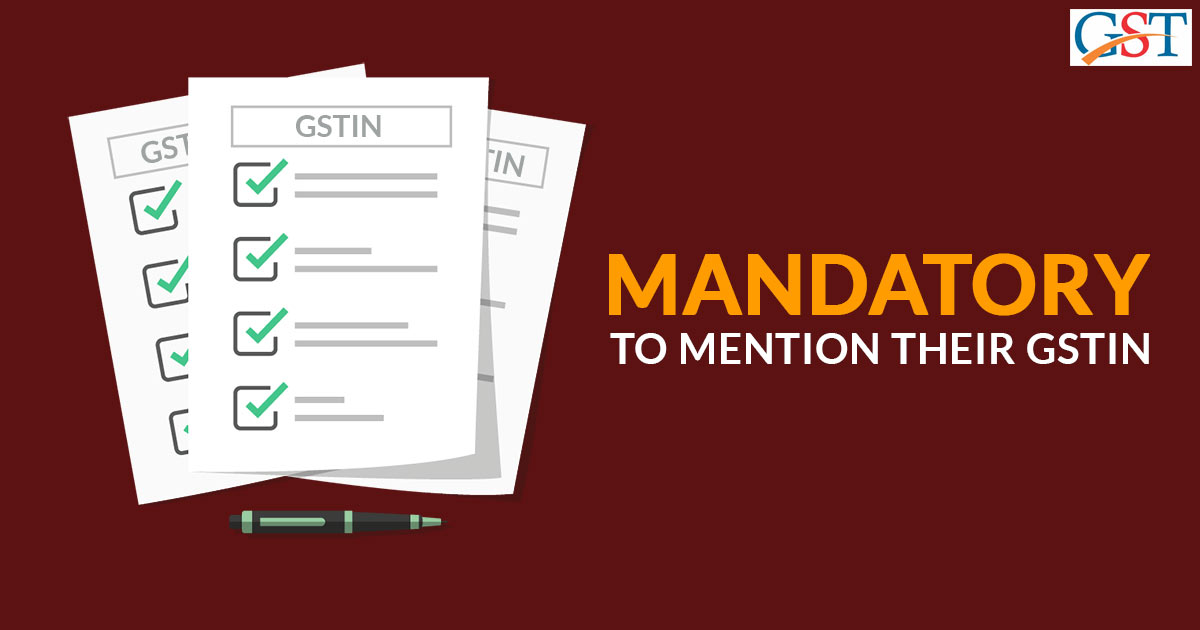
Non-compete agreements between sellers and buyers are now under the tax levy net. Such agreements come into effect when the seller assures the buyer that it will not come in competition with the buyer for a designated period of time.
Already received by several private equity firms, strategic investors and others who have purchased businesses under these contracts with the sellers the notices said that 18% GST is applicable to the non-compete fee. The indirect tax 
Such is the case of a Bengaluru based technology firm that sold its business to a group of investors in Rs. 1000 Crore. 20% of the total sum was the non-compete fee. Sellers signed an agreement stating that they will not initiate any competitive business against the buyers for three years. They accepted that they will not approach the buyer’s current clients through any means.
Buyers have received the notice from the indirect tax department 
Another such example is of the infrastructure company where a senior official got the non-compete fee from the business acquirer stating that they will not disclose certain details of the company at the time of acquisition. The scenario here is that the buyers have not mentioned the non-compete cost anywhere, says a tax expert.
The issue of GST levy on non-compete fees was recognized by the M&A situations in the recent past, said Satish Kishanchandani (Pioneer Legal’s managing partner). In many of the instances, the amount of GST is not yet accounted and the question still prevails that who will bear the cost. For now, tax authorities are adhering to a particular section under GST that signifies the law for such transactions, said, tax experts.
The non-compete agreements are usually based on a treaty between the two parties that restricts the parties from performing certain activities or transactions. Such activities or transactions are duly mentioned in Schedule 2.
Read Also: Govt Plan to Stop Tax Evasion, Traders to Mention their GSTIN 
Under GST, an agreement to restrict someone or something from economic activity is also considered to be a service and must be brought under the GST umbrella. “Agreeing to the obligation to refrain from an act, or to tolerate an act or a situation, or to do an act” is also considered an economic activity on which GST can be applied, as per the GST framework.
As per the laws, ‘accepting the obligation of restricting from an act’ could be considered as a service and if it is so as per the perspectives of the government then the non-compete agreement could be included under GST. Amidst the arguments that still prevail, one needs to examine the intentions of the government behind tax levy on such transactions.








